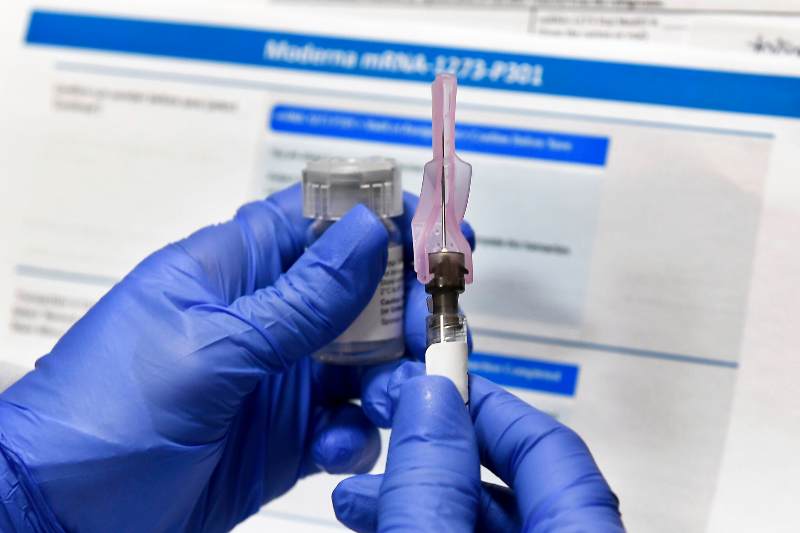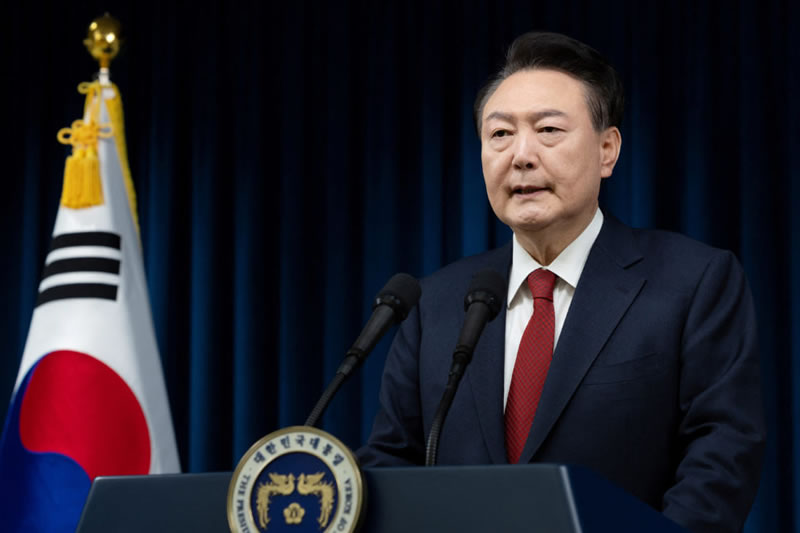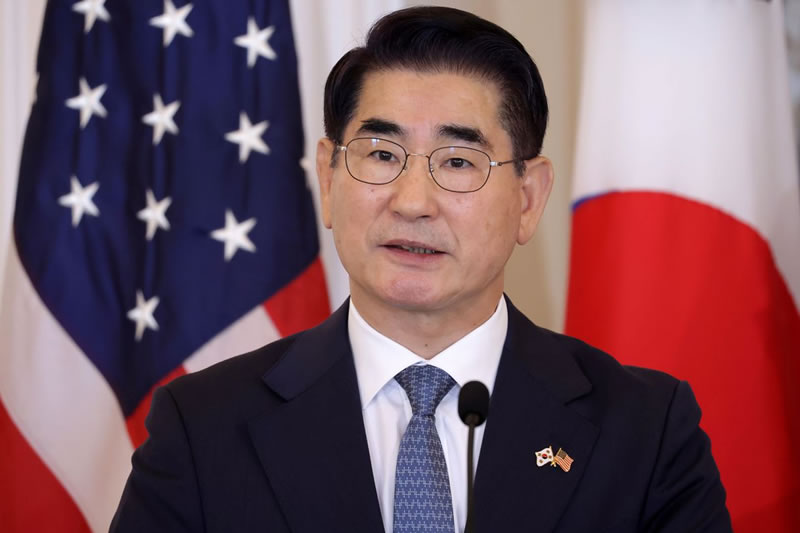
Covid-19 in the world, vaccine and new restrictions
Vaccine and new restrictions: The coronavirus pandemic has killed at least more than 1.6 million people worldwide since December 2019, according to the latest figures from Johns Hopkins University. Local authorities have officially diagnosed around 72 million cases. To date, the United States remains the country most affected by COVID-19, with nearly 300,000 deaths. Brazil follows with more than 181,000, India over 143,000, Mexico almost 114,000, and Italy more than 64,000. In North Africa, especially Libya, Tunisia, and Algeria, the virus is already out of control. Despite the restrictive measures, the lack of control by the central authorities has made the tracking of infections lose sight. Furthermore, the social stigma and religious approach to the pandemic among the population have meant that many infected people have not carried out any tests.
U.S. President Donald Trump has already made it known that he will stick to his “America first” also with regard to the vaccine. According to The New York Times, White House staff members who work closely with US President Donald Trump will be among the first in the country to receive the coronavirus vaccine. After the approval of Pfizer’s vaccine by the Food and Drug Administration (FDA), the distribution of the vaccine began in the United States yesterday. For now, the vaccination is limited to high-risk workers in the facilities hospital and welfare. The Trump administration aims to stop the infections that have occurred at the top of the executive power in recent months. The goal is to get the entire staff of the White House to be vaccinated.
The United Kingdom is the first in Europe to administer the vaccine to risk groups. The provider of services for the British health system “Nhs Providers” said it was concerned about the trend of infections in England, asking that further restrictions be introduced “without any delay,” under penalty of overwhelming hospitals by a third wave of Covid infections -19. The Providers, in a letter sent to British Prime Minister Boris Johnson, asked the government to exercise extreme caution in the review of the tiered restrictions system scheduled for Wednesday, December 16. And to have no hesitation in including areas of the nation, London as well, under the most stringent level 3 restrictions as soon as the number of infections made it immediately necessary. The most worrying factor, according to the NHS, is that the increases seen in some areas of the UK come at the end of a second national quarantine.
Germany launches the Christmas squeeze: between next Wednesday, December 16, and January 10, the lockout of all non-essential shops and services, the closure of schools, or, in any case, the obligation of distance lessons. Only grocery stores, pharmacies, and banks remain open. Travel is not recommended, the home office is suggested, religious ceremonies and masses are subject to severe limits. Angela Merkel announced yesterday at the end of the brief meeting with the Land, during a press conference with the Minister of Finance Olaf Scholz, and the governors of Berlin and Bavaria, Michael Mueller and Markus Soeder. “We need to act urgently,” underlined the chancellor, adding that “the goal is to return to 50 infections per 100 thousand inhabitants”.
The first Covid-19 vaccine landed on Canadian soil on Sunday. Canada and the United States will be the first Western nations after the United Kingdom to start vaccinations: “The first batch of doses of Pfizer-BioNTech’s Covi-19 vaccine has arrived in Canada,” Prime Minister Justin Trudeau wrote on Twitter. Sunday night where he posted a photo of a cargo plane being used to carry the vaccine developed by Pfizer Inc and Germany’s BioNTech SE. As for the UK, Canada Government affirmed that the initial 30,000 doses are reserved for the most vulnerable people, including the elderly in long-term care facilities and healthcare workers. Nearly 300,000 doses were expected by the end of the year, General Dany Fortin, responsible for the distribution of the vaccines, told Canadian Broadcasting Corp.
Despite the good news, Trudeau said: “Our fight against Covid-19 is not over”. Canadian federal health authorities expect a rapid acceleration of the COVID-19 spread. That is why they asked the provinces on Friday to impose additional health restrictions ahead of the holidays. The country had over 460,000 confirmed cases, with nearly 6,000 new infections reported only yesterday. The pandemic leftover 13,000 deaths in Canada, including 81 on Saturday.
South Korea has ordered the closure of schools from tomorrow in the capital Seoul and in the surrounding areas where the infections have exceeded the peak in February. The Korea Disease Control and Prevention Agency (KDCA) yesterday reported 718 new cases of coronavirus, down from the daily record increase of 1,030 the previous day; 682 are related to local transmission. Most of the new contagions were recorded in the Seoul metropolis, the nearby port city of Incheon, and in the province of Gyeonggi, which is home to over 25 million people.
New Zealand agreed on Monday to allow non-quarantine travel with Australia in the first quarter of 2021, nearly a year after blocking its borders to protect its population from the new coronavirus. Prime Minister Jacinda Ardern said the government has agreed in principle on a non-quarantine, trans-Tasman travel bubble pending confirmation from the Australian government and no significant change in circumstances in either country. A trans-Tasman travel bubble has been under discussion for months, and many Australian regions have allowed New Zealanders to enter without quarantine requirements since October, but New Zealand had not reciprocated.




